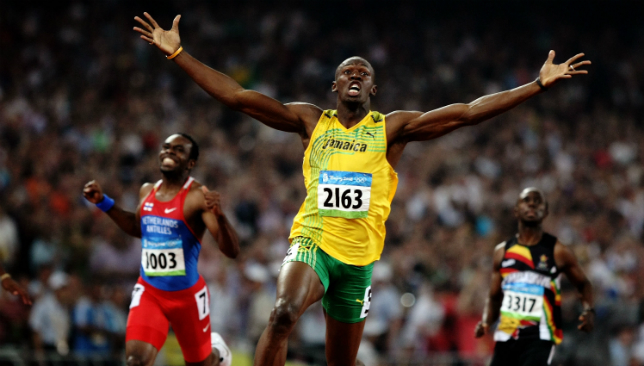
Five years on from hosting London 2012, the city once more plays host to a major sporting event with the IAAF World Championships.
The spotlight will undoubtedly be on one man, namely Usain Bolt, but the championships are more than just the sport’s biggest star.
On the eve of the event at the former Olympic Park, Matt Majendie looks at some of the key talking points looming in the ensuing 10 days of track and field action.
The aforementioned Bolt will bring down the curtain on his illustrious career in London. For his swansong, Bolt has opted against the 200metres, instead focusing individually only the 100m, which begins on Friday and reaches its climax on Saturday, and then on the 4x100m relay on the subsequent week of the championships.
IAAF president Seb Coe this week likened the world’s fastest man to Muhammad Ali and admitted he would be similarly irreplaceable when he hangs up his running spikes at the end of London 2017.
Bolt is past the peak of his powers but, even a Bolt below his best ought to be enough to ensure his gold medal tally ends with 13 world titles to add to the eight golds already achieved at Olympic level.
Much like Ali, he will be determined to deliver the knock-out punch.
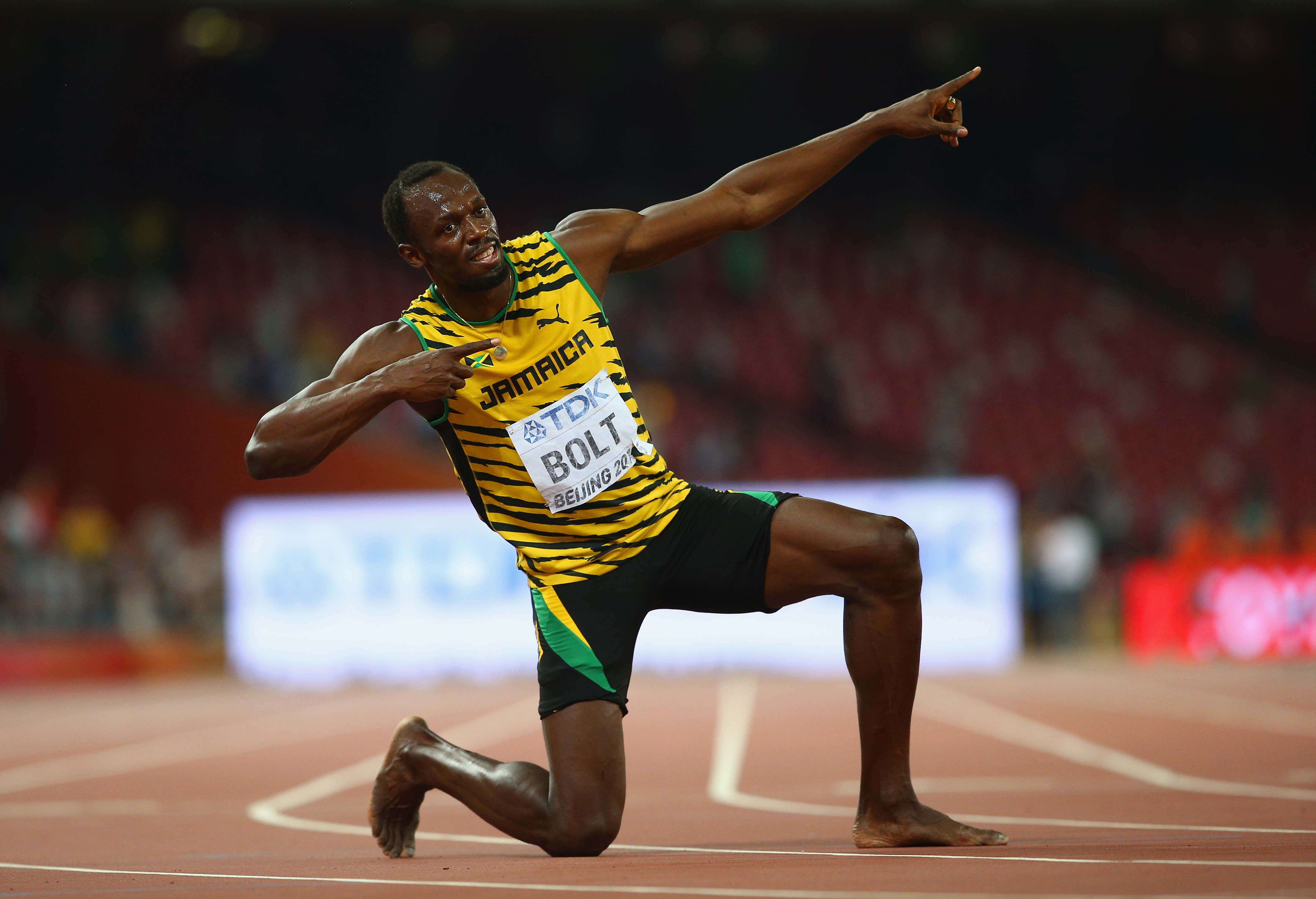
Coe has also said that other stars will step up to the plate in the post-Bolt years but Wayde van Niekerk has already done that to a certain extent. To some, the South African upstaged Bolt in Rio de Janeiro as he broke Michael Johnson’s 17-year- old world record to win the 400metres from lane eight, the first man in Olympic history to do so. It was undeniably the best individual running display at those Games.
For the 25-year- old from Cape Town, though, there is a twist to these championships in that he has dual attentions on the track with doubling up in both the 400m and 200m.
Arguably the greatest challenge to that golden double is Botswanan sprinter Isaac Makwala, something of a late bloomer at the age of 30, who is also doubling up and boast the fastest 200m in the world this year and the third fastest 400m.
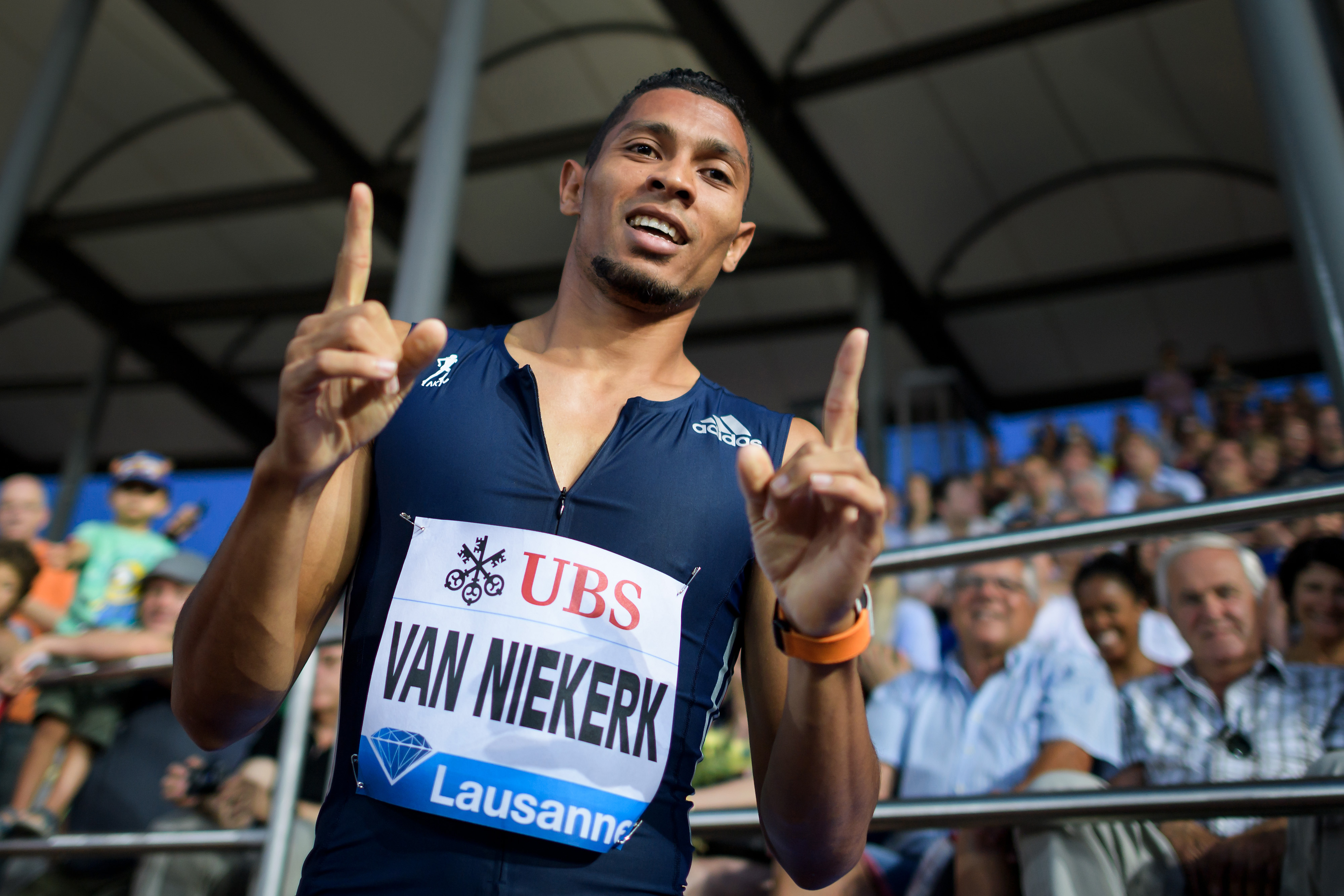
Globally, Bolt will take the greatest adulation from the crowd and the watching TV audiences, but there is a farewell – although only to the track – for arguably the greatest distance runner of all time.
Mo Farah has made it clear that he will not run on the track after 2017, his intention being to switch to marathon running for the final years of his running career, however long that proves to be.
Ever since London 2012, the Londoner has made it his trademark to win double gold on the track over the 5000 and 10,000m be it at Olympic, World or European. In his home city, the target remains the same and, at the age of 34, he still appears to be the quickest man in the world over both distances, his Ethiopian and Kenyan rivals still scratching their heads about how to beat him over the final lap.
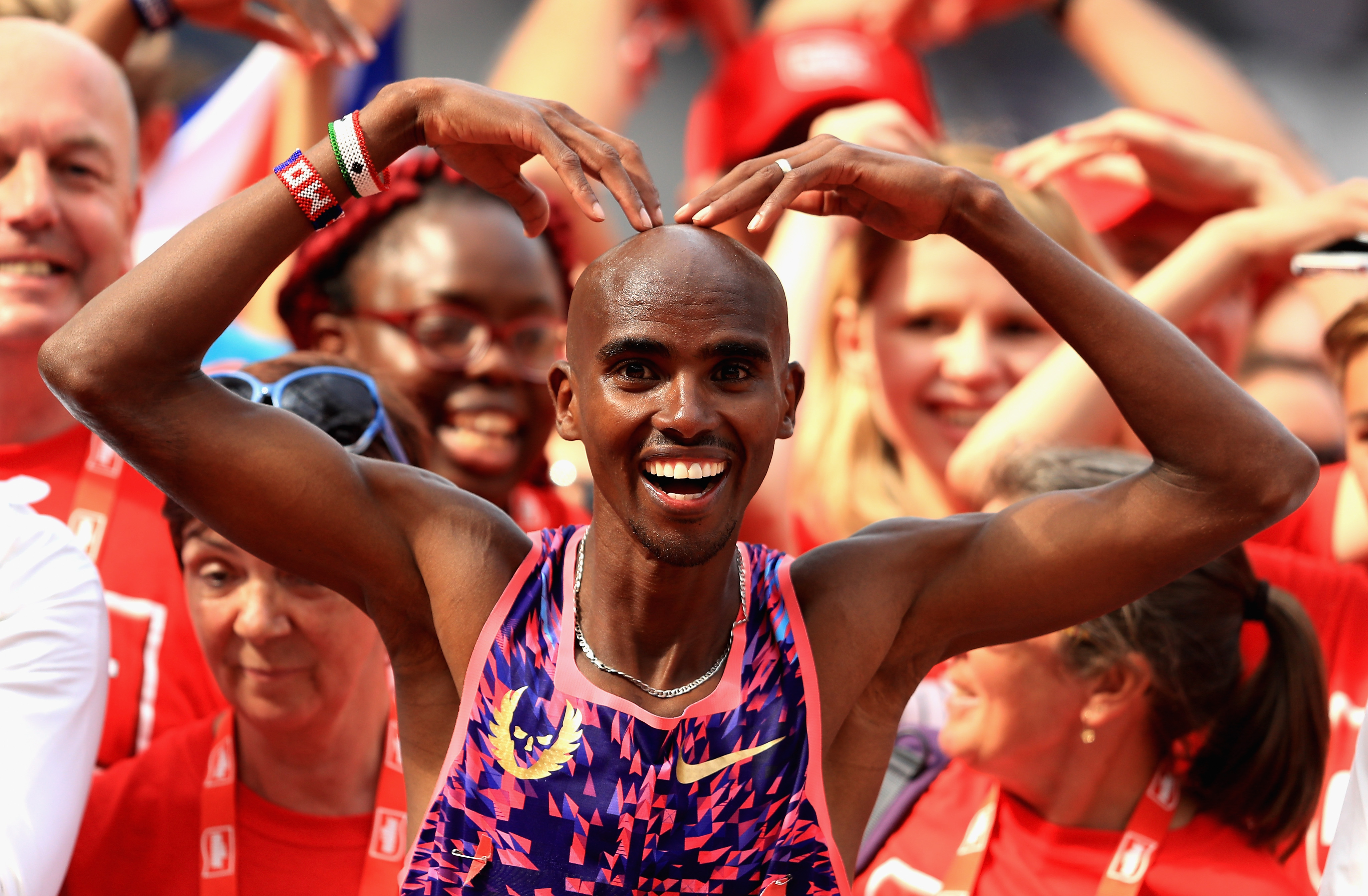
The row over hyperandrogenism has, in a sense, been parked until September following the recent interim ruling by the Court of Arbitration for Sport.
But it looks set to be a key talking point from the start of the track action as Caster Semenya goes for a middle-distance double in, first, the 1500m and then the 800m, the event she has dominated on track in recent seasons.
Hyperadrongenism means that Semenya – and it has to be said other athletes competing in London (although she is both the most high-profile and the best) – produces an excess of androgens, such as testosterone.
Some argue it gives her an unfair advantage and her testosterone level should be kept in check, others that she has every right to compete as she is.
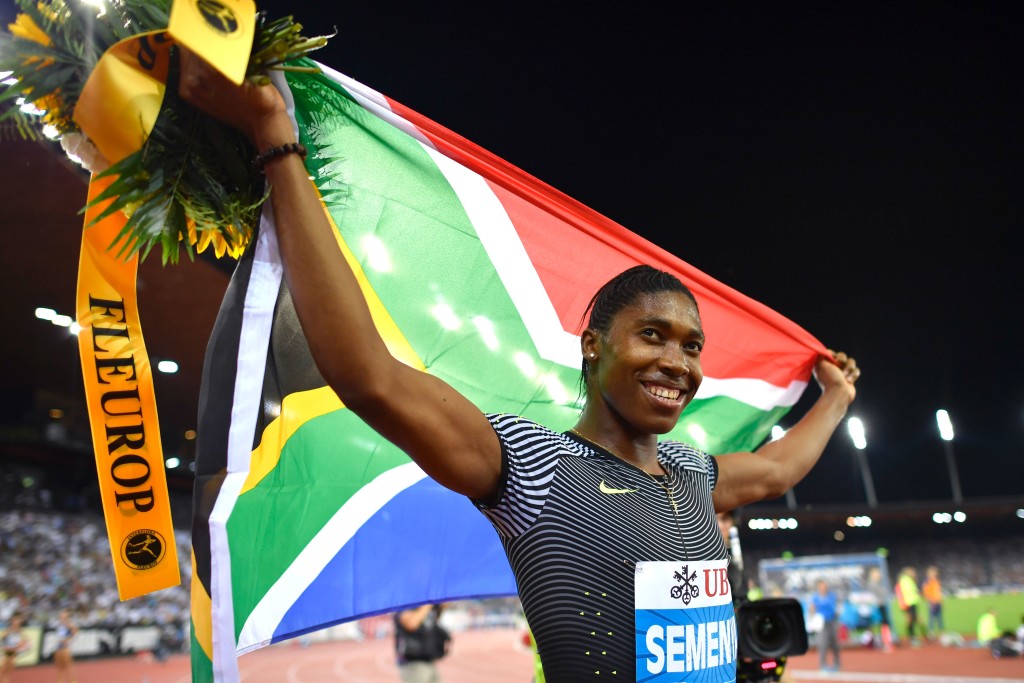
The question of the Russian team’s eligibility to compete in London has again been a talking point leading into these championships.
IAAF Congress is yet to officially rule on the matter, with Russian officials still set to plead their case on Thursday, but it looks certain that the ban will remain in place until November at the earliest. That said, there will be a greater swathe of Russian athletes competing – admittedly as neutrals – unlike in Rio where Darya Klishina was the sole representative.
In total, 19 athletes have passed the necessary IAAF protocols in order to compete legitimately at these World Championships. But following past revelations of a state-sponsored doping programme, it looks likely that any Russians winning medals – however neutral – would most likely ruffle a few feathers